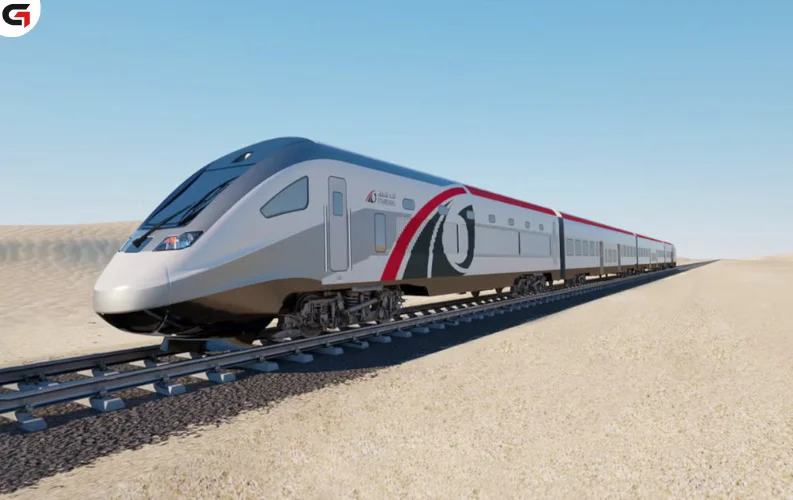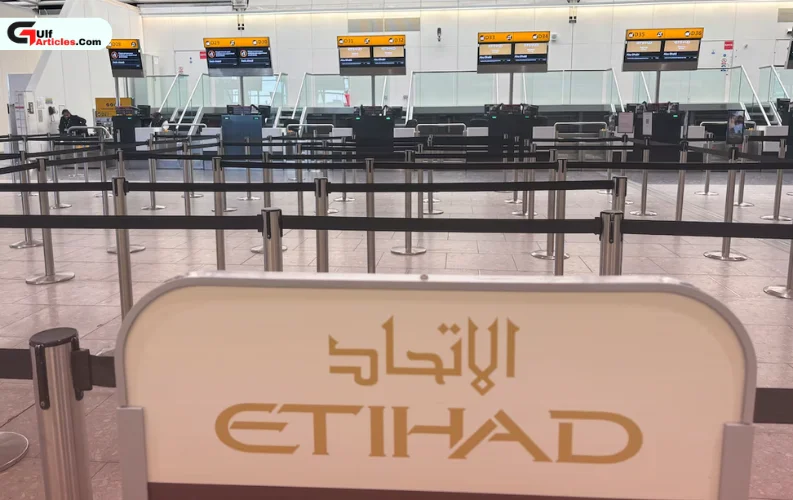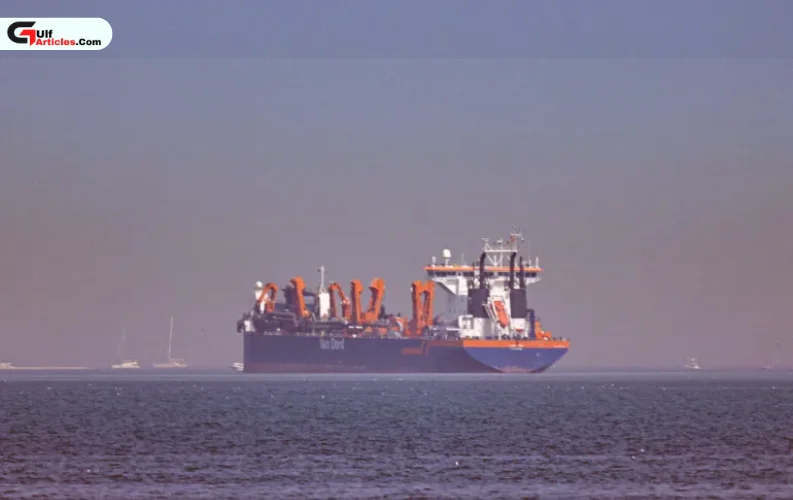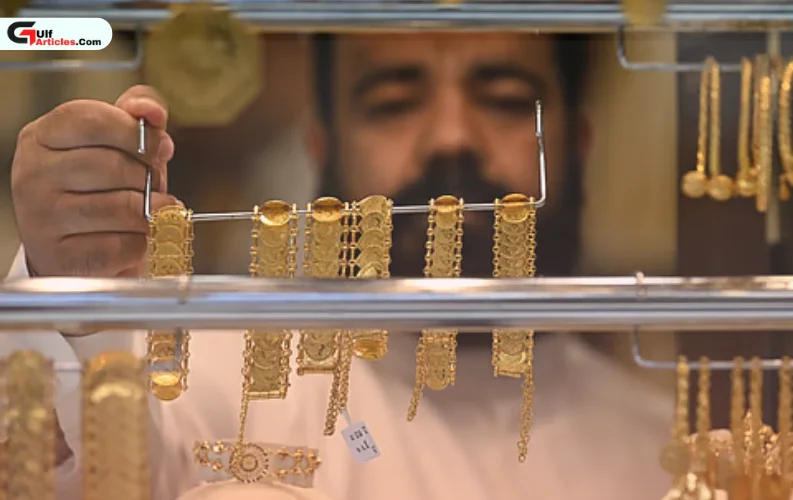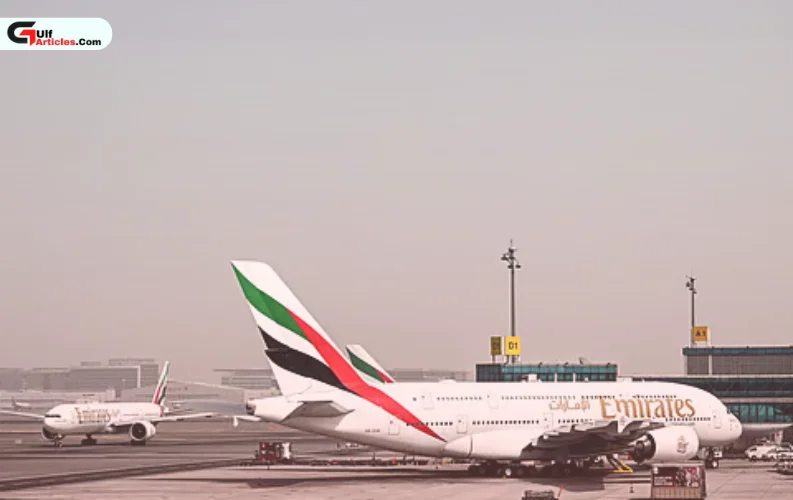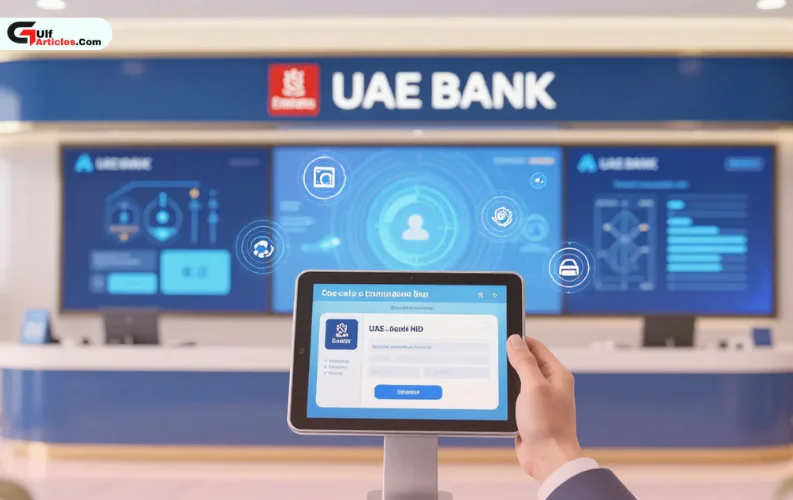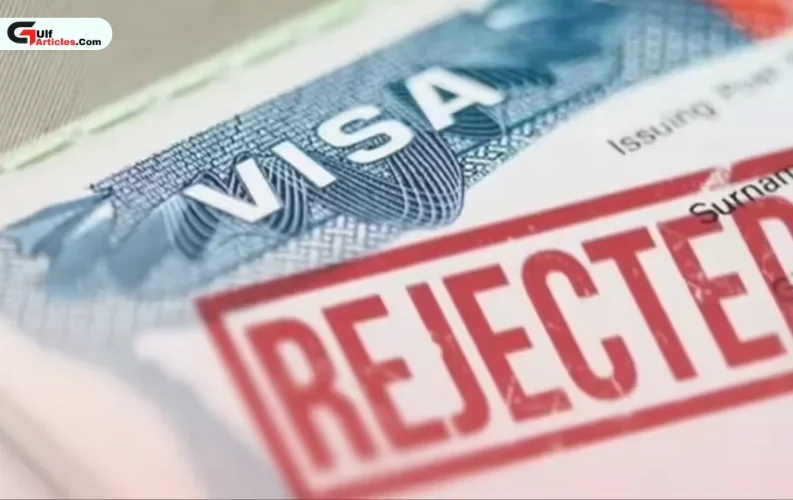Dubai – The UAE’s flagship national railway project, Etihad Rail, is set to redefine transportation and drive long-term economic transformation as it nears its 2026 launch.
While offering high-speed passenger travel between emirates, including Abu Dhabi to Dubai in under an hour, the railway is expected to contribute Dh145 billion to the country’s GDP over the coming decades. While the passenger train services will launch in 2026, the highlighted information refers to the High-Speed Rail service. There is still no official date on when the high-speed rail will launch. The broader network is projected to inject Dh3.5 billion annually by 2030, backed by an estimated 15.5% return on investment, according to Emirates News Agency (WAM).
More Than a Train – A Job Generator
Etihad Rail’s development is forecast to create over 9,000 new jobs by 2030 across engineering, logistics, operations, and infrastructure maintenance. Tens of thousands have already been employed during the construction phase.
Launched under the UAE’s “Projects of the 50,” the Dh50 billion UAE Railway Programme is also expected to generate Dh200 billion in economic opportunities. It connects all seven emirates and key industrial zones, fueling growth in tourism, sustainability, and local manufacturing.
Green Goals, Lower Costs
The electric-powered rail system is designed to cut carbon emissions by up to 80% over 50 years, easing road congestion and supporting the UAE’s climate goals.
Additionally, the network is expected to reduce shipping costs, enhance business mobility, and boost real estate activity around future stations.
For the UAE, Etihad Rail is more than just infrastructure, it’s a strategic leap toward economic diversification and a sustainable future.



